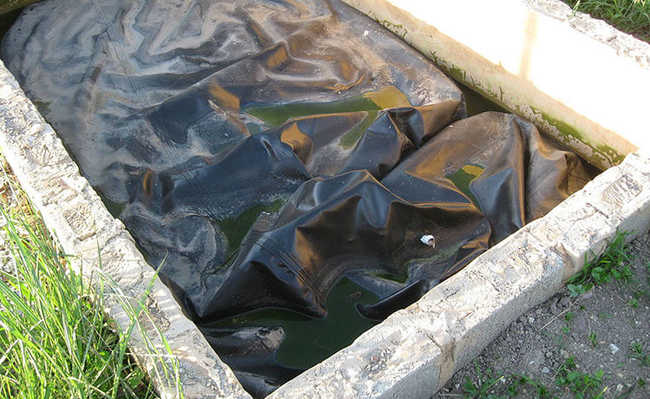Parsley tea: what is it for and benefits
Parsley tea is good for the eyes, freshens breath, among other benefits

Edited and resized image by Jorge Garcia, available on Unsplash
Parsley tea, also called parsley tea, can be a health ally.
The health benefits of parsley tea include anti-inflammatory, anti-tumor, anti-cancer, antioxidant and detoxifying properties. These benefits are due to the wide range of minerals, nutrients and antioxidants present in parsley, such as iron, vitamin A, B and C, in addition to eugenol, limonene, apigenin, luteolin and other active compounds. Check out:
- Parsley: benefits and what is your tea for
What are the benefits of parsley tea
Improves respiratory discomfort
Parsley tea is an ally for those who suffer from asthma or other respiratory diseases. The beta-carotene in the underlying plant has been linked to reducing the risk of asthma, while the other compounds in parsley help fight bacterial infection and clear phlegm and mucus.
Prevent tumors
Myristicin is one of the volatile compounds found in the essential oil of parsley, which is released in small amounts during tea brewing.
This antioxidant has been linked to preventing the formation of tumors, specifically in the lungs, where cancer occurs very often.
Reduces the risk of cancer
In addition to its anti-tumor properties, parsley tea has flavonoids and other chemoprotective compounds that help neutralize carcinogens, preventing tissue damage and stimulating apoptosis (cell death); which can significantly reduce the risk of cancer.
ally of immunity
The significant concentrations of vitamin C and vitamin A present in parsley tea make it an immunity ally. Vitamin C stimulates the production of white blood cells and acts as an antioxidant in combating the effects of cancer-causing free radicals, as well as protecting the body against a range of chronic diseases such as heart disease and diabetes.
improves circulation
Rich in iron, parsley tea is an excellent way to improve circulation and prevent anemia. Iron is a critical part of red blood cell production, which can help deliver oxygenated blood to cells that need nutrients and oxygen to repair and function. The high level of calcium in parsley tea also helps the body absorb iron better, further helping with circulatory problems.
- Iron deficiency anemia: what it is and what are its symptoms
- What is sickle cell anemia, symptoms and treatment
- What is hemolytic anemia?
- Pernicious anemia: symptoms, treatment, diagnosis and causes
- Sideroblastic anemia: what it is, symptoms, causes and treatment
- What are the symptoms of aplastic anemia?
Provides folic acid
Parsley tea is rich in folic acid, a vitamin that reduces the likelihood of neural tube defects in babies. Folic acid is also the main compound that neutralizes homocysteine in the body, a compound that can damage blood vessels and increase the risk of heart disease.
friend of vision
Vitamin A is an essential nutrient for overall health, and it also functions as an antioxidant, particularly with regard to vision health. Vitamin A is derived from the beta-carotene found in parsley and can prevent oxidative stress in the eyes, decreasing the risk of developing cataracts and macular degeneration.
- Blue light: what is it, benefits, damages and how to deal
detoxifying power
Parsley tea is known to be a diuretic, meaning it can stimulate urination and cleanse the bladder and kidneys. Diuretics help the body quickly eliminate excess toxins, fats, salts and water and reduce the pressure on the kidneys.
Alleviates menstruation discomforts
Dysmenorrhea affects women around the world, along with several other menstrual symptoms. Parsley tea is commonly used to ease the discomfort of menstruation, due to the presence of apiol, one of the compounds of the essential oils in parsley. Apiol can help regulate menstruation and lessen the severity of discomfort, especially in the months after a woman has given birth.
- What is menstruation?
Eliminates bad breath
Parsley is famous for refreshing bad breath. That's because it has antibacterial properties that make it great for oral health. Parsley tea, in turn, can offer the same benefits to your breath.
- How to get rid of bad breath naturally
How to make parsley tea
Making parsley tea is very easy. You can use fresh or dehydrated leaves; the difference is that dehydrated leaves have more concentrated properties in smaller amounts.
Ingredients
- 30 grams of parsley leaves (fresh or dried)
- 1 liter of water
- Lemon (optional and to taste)










